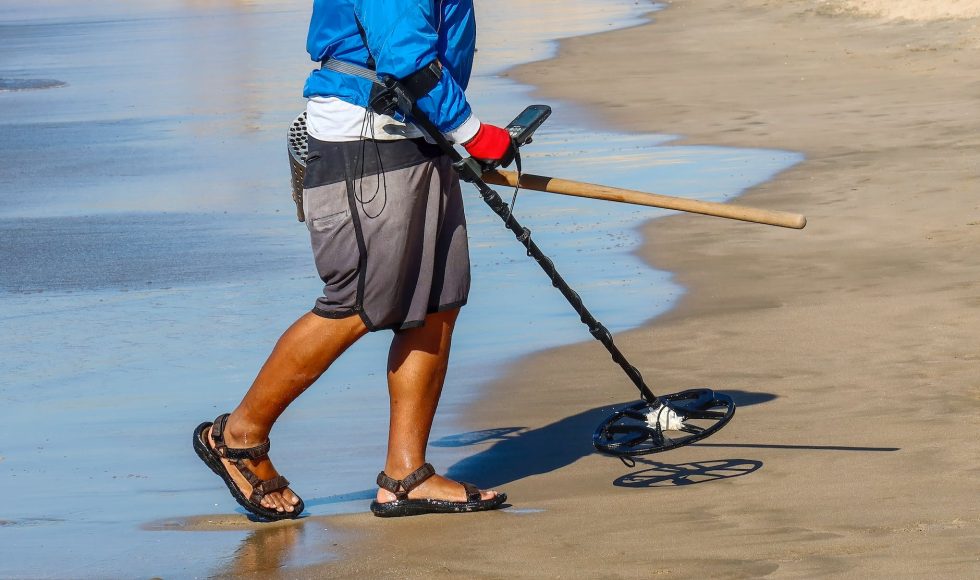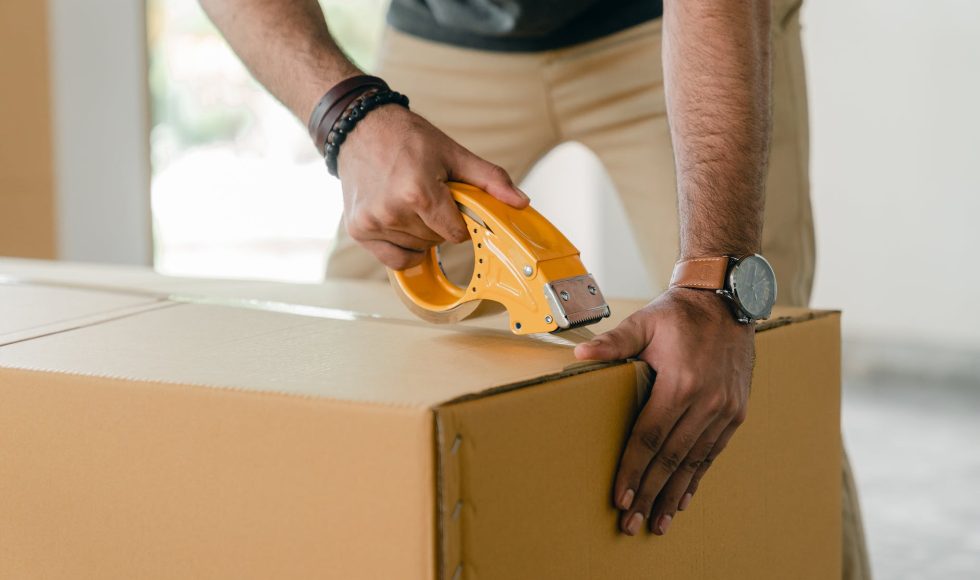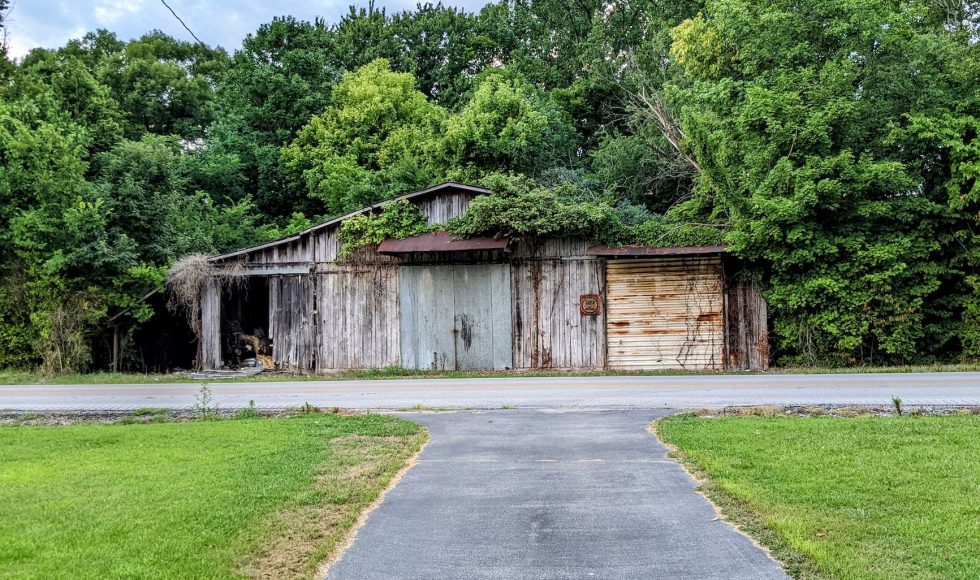Dr. Sergey Koren from the National Institutes of Health presented at London Calling 2023 on “Automated telomere-to-telomere crop genome assembly using only Oxford Nanopore sequencing.” His background is in computer science. Dr. Koren began by mentioning that the telomere-to-telomere (T2T) human genome was recently completed, adding almost 8-10% to the genome. He described how Nanopore […]
Mo Li from King Abdullah University of Science and Technology (KAUST) in Saudi Arabia presented a five-minute session about “Single-cell full-length nanopore sequencing for quantitative variant analysis of native and genome-edited mitochondria.” They explained that human mitochondrial DNA (mtDNA) has a circular genome of 16.5 kb. Mutant mtDNA has an uneven distribution in tissues, and […]
Jeremy Wang from the University of North Carolina at Chapel Hill presented at London Calling 2023 on “Low-cost nanopore transcriptomics enables robust characterisation of diverse tumour types in low- resource settings.” They spoke about the variation in global childhood cancer five year survival. It was startling to see on a map the differences by region/country. […]
Tsutomu Suzuki from the University of Tokyo in Japan presented at London Calling 2023 a fifteen-minute recorded session about “Nanopore sequencing of tRNA modifications.” Suzuki is a biochemist in the field of RNA biology. They began describing how RNA modification enriches the diversity of RNA. Suzuki noted that tRNA modifications have been studied for a […]
Helen Gunter from the Australian Institute for Bioengineering and Nanotechnology at the University of Queensland in Australia spoke at London Calling 2023 about “Using nanopore sequencing to understand the manufacture, delivery, and action of mRNA vaccines.” Gunter explained how they use Oxford Nanopore Technologies devices and sequencing in vaccine development. They spoke about the mRNA […]
Michael Clark from The University of Melbourne in Australia presented at London Calling 2023 the session entitled “Investigating RNA isoform expression using the IsoMix toolkit.” They have created tools for RNA isoform analyses. Clark shared an example of a human gene expressed in multiple RNA isoforms. They explained that alternative isoforms can create RNAs and […]
Mark Bricknell, a Realtime Analysis Fellow with Oxford Nanopore Technologies, spoke at London Calling 2023. The title of the session is “Dorado – the future of basecalling.” I have been thinking about basecalling and duplex reads today. Bricknell explained that basecalling uses recurrent neural networks that are computationally intensive to interpret raw signals into sequences. […]
Katherine Lawrence, a Machine Learning Bioinformatician with Oxford Nanopore Technologies, presented at London Calling 2023. They started with simplex base calling and the switch in sampling rates from four to five kilohertz: more measurements per second. Lawrence described how an intermediate sampling rate provided the benefit without too much noise. The POD5 format helps with […]
Chris Wright, Senior Director of Customer Bioinformatics at Oxford Nanopore Technologies, presented at London Calling 2023 on “Leveraging Nextflow for the analysis of anything, anywhere, by anyone.” I have used Nextflow and EPI2ME Labs for maybe two years and enjoyed the easy-to-use workflows that are available. Wright focuses on delivering bioinformatics by packaging algorithms to […]
“Antimicrobial wastewater epidemiology in low-resource communities” was the title of William Strike’s London Calling 2023 session. They are in the University of Kentucky and began their work on campus doing SARS-CoV-2 surveillance. They expanded their work to rural Kentucky. Strike explained that transporting wastewater from low-resource communities is difficult. They set up a BSL-2 van […]











